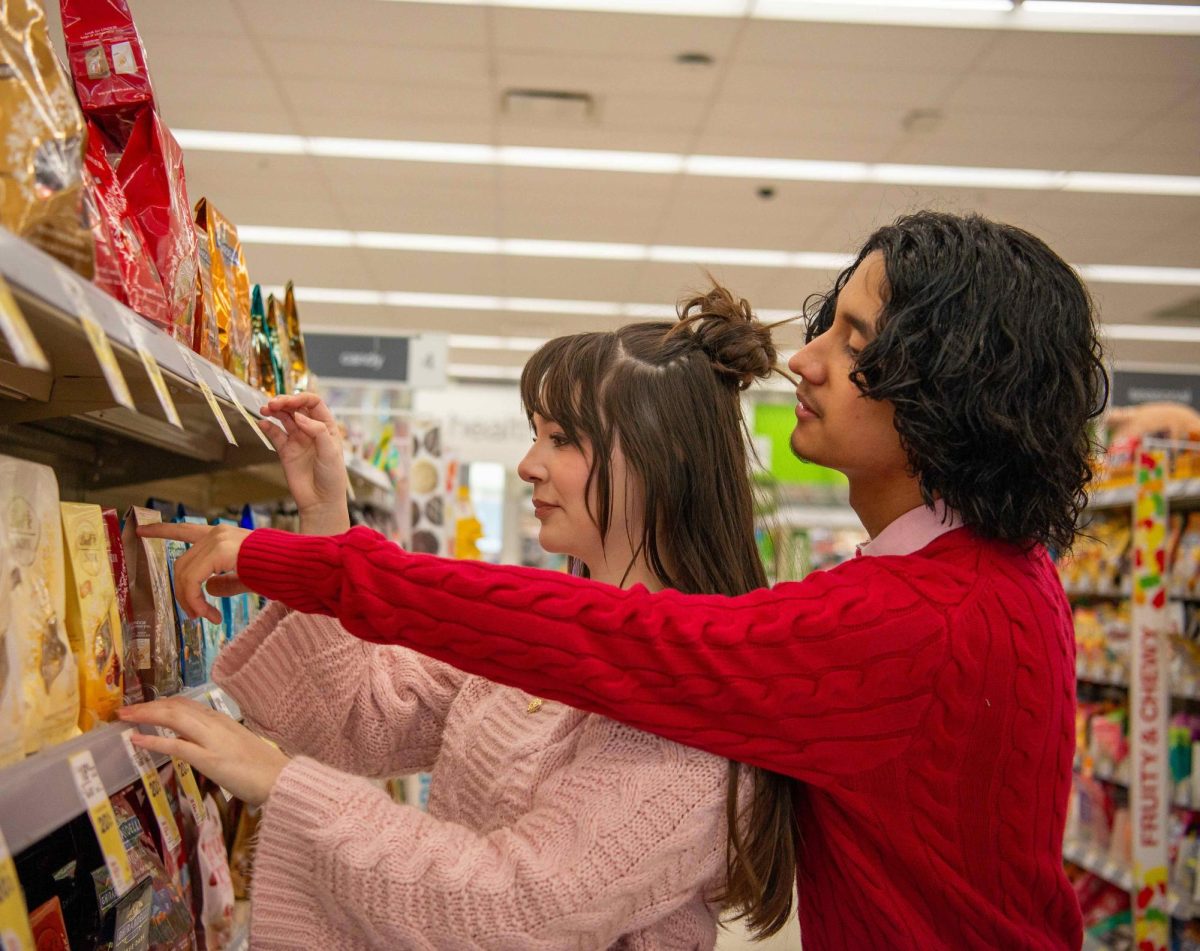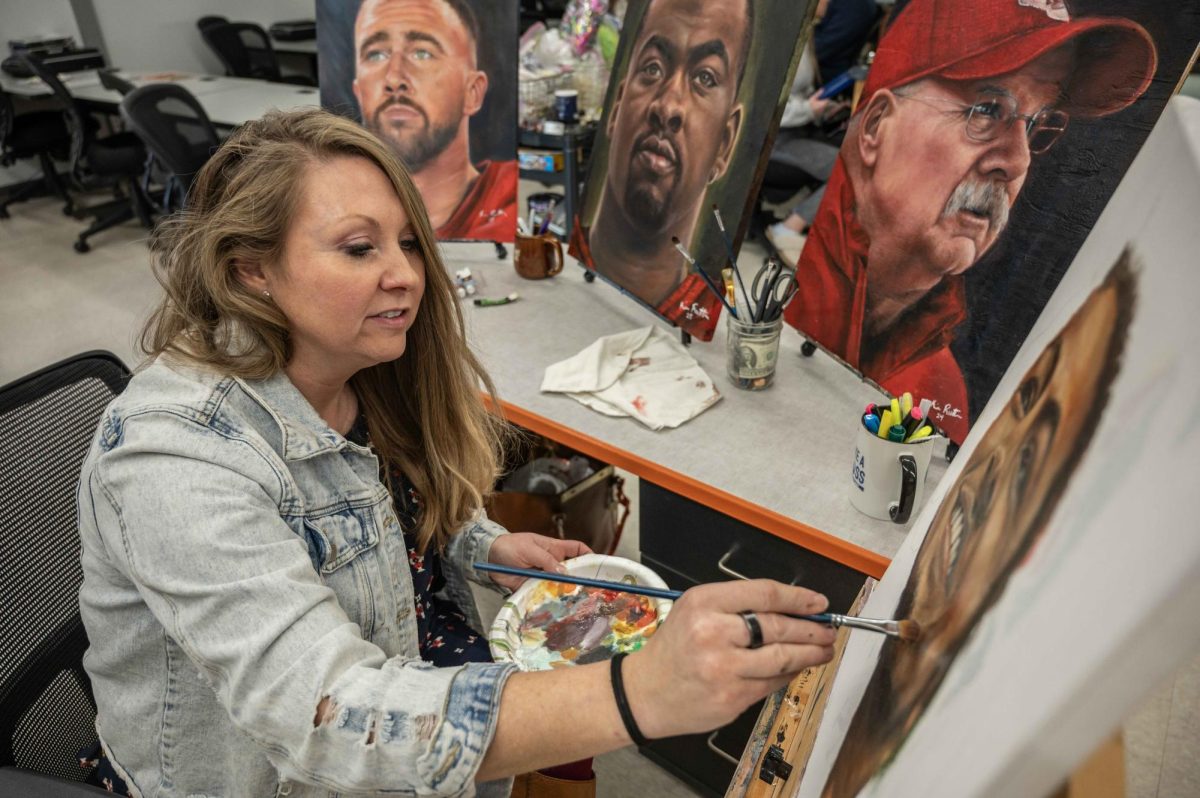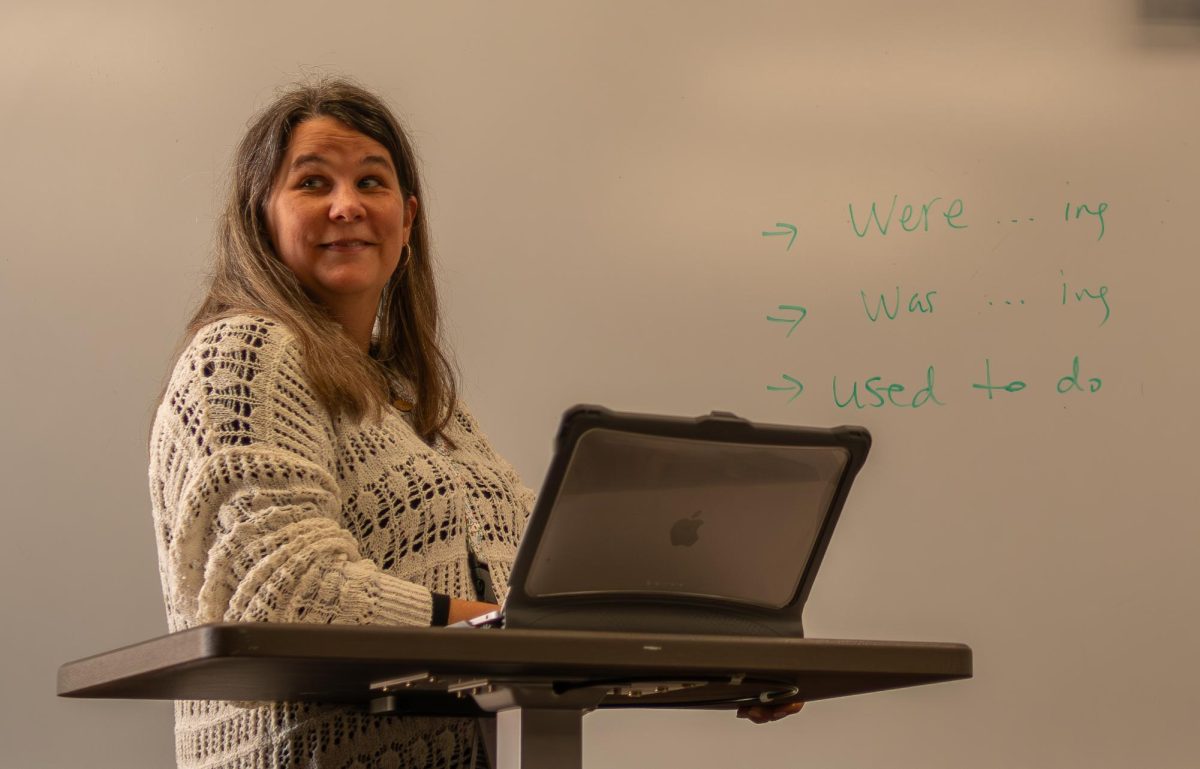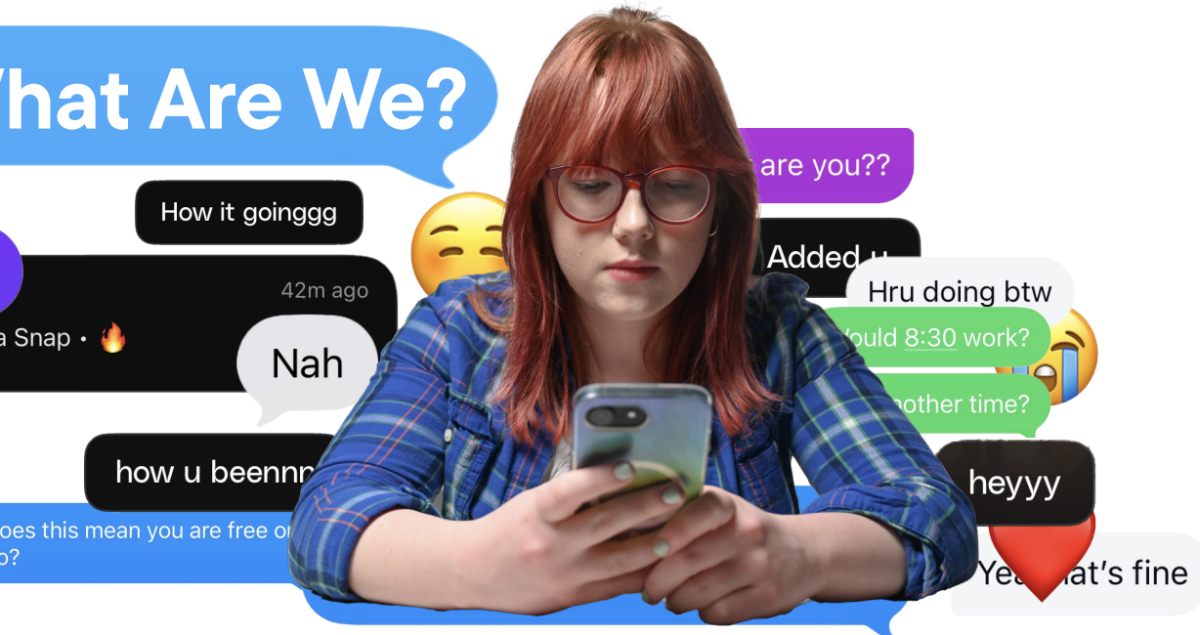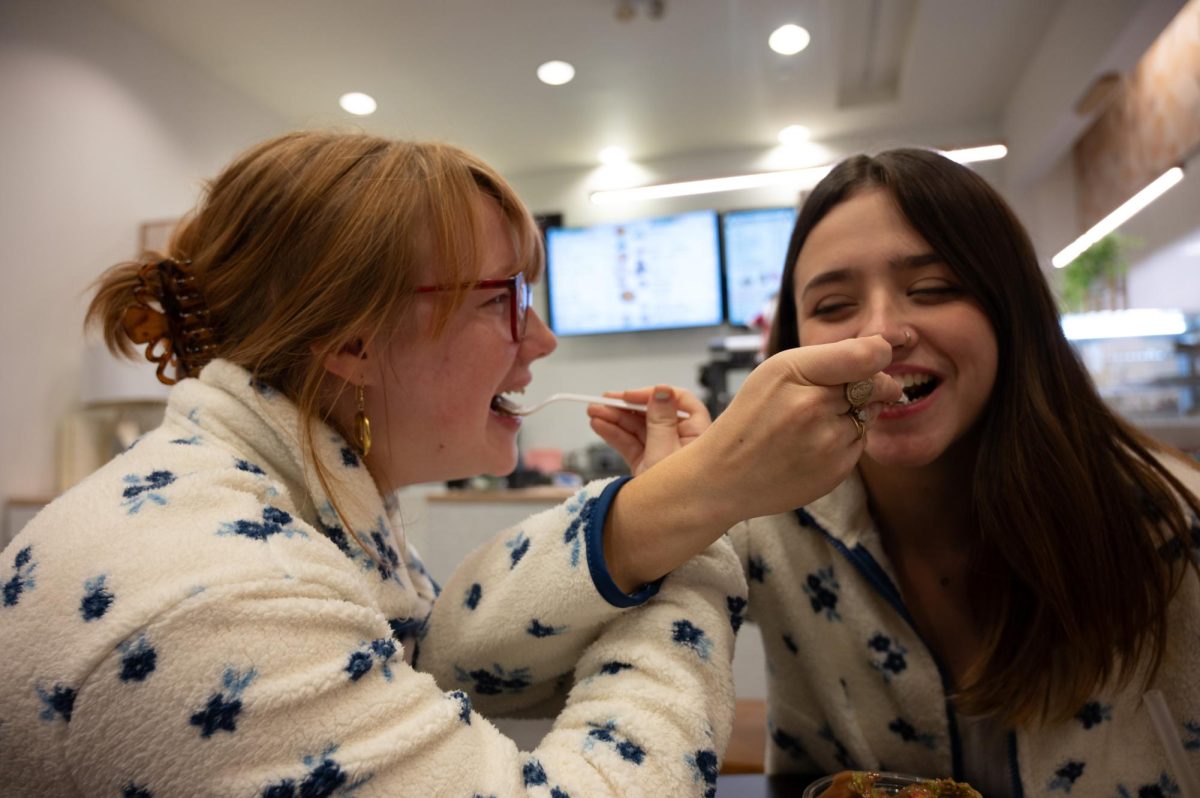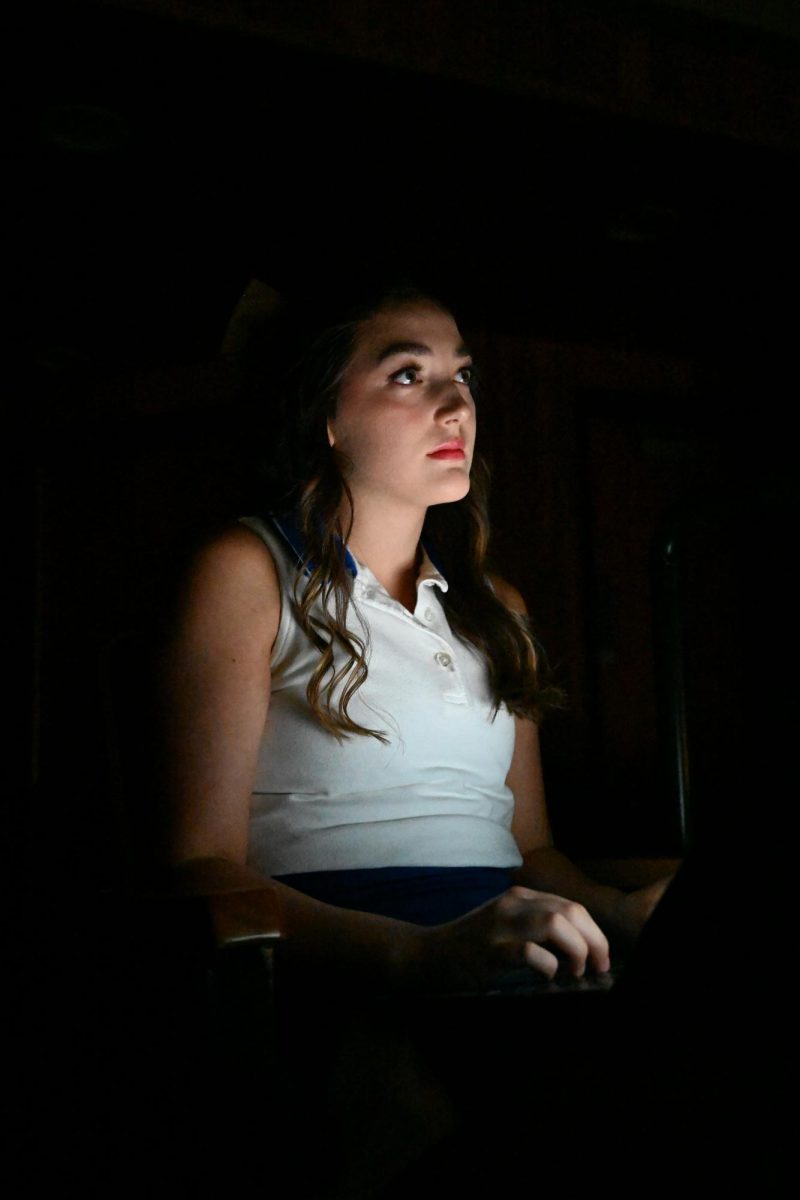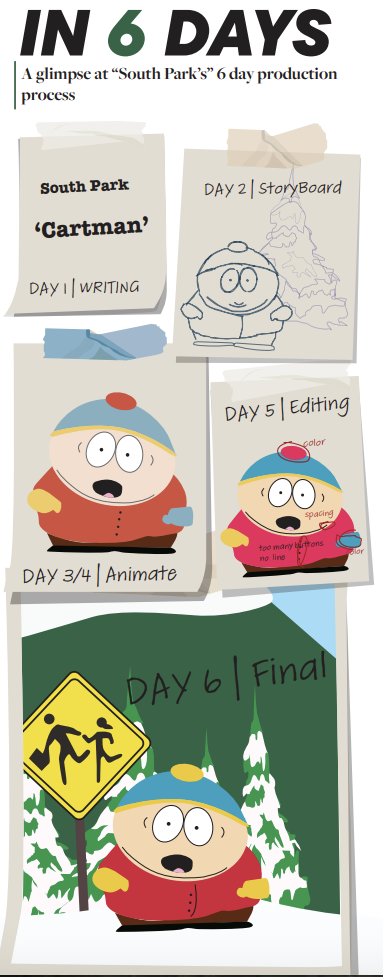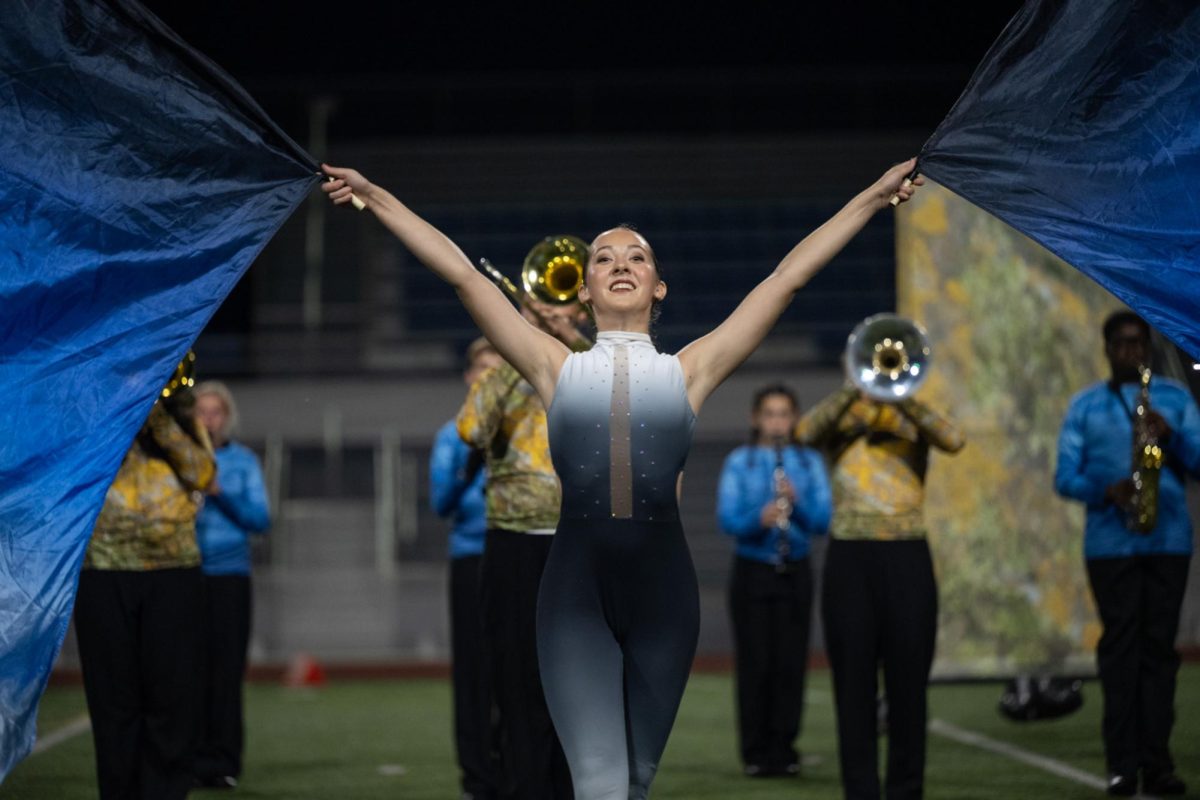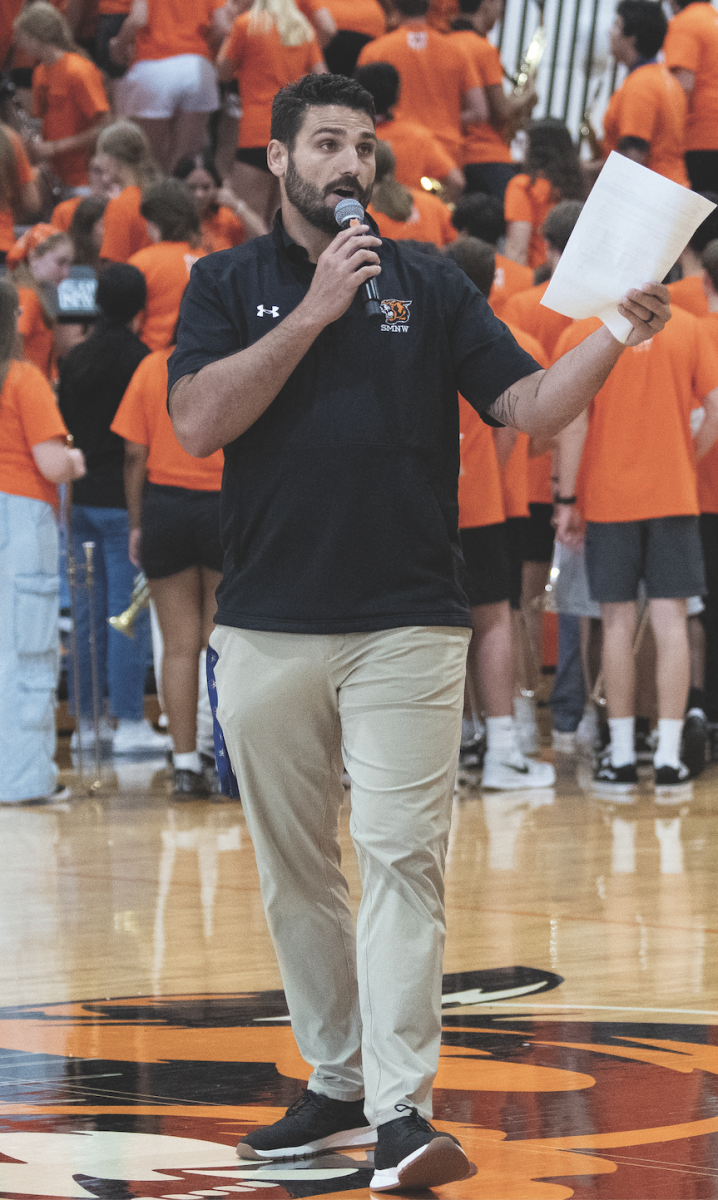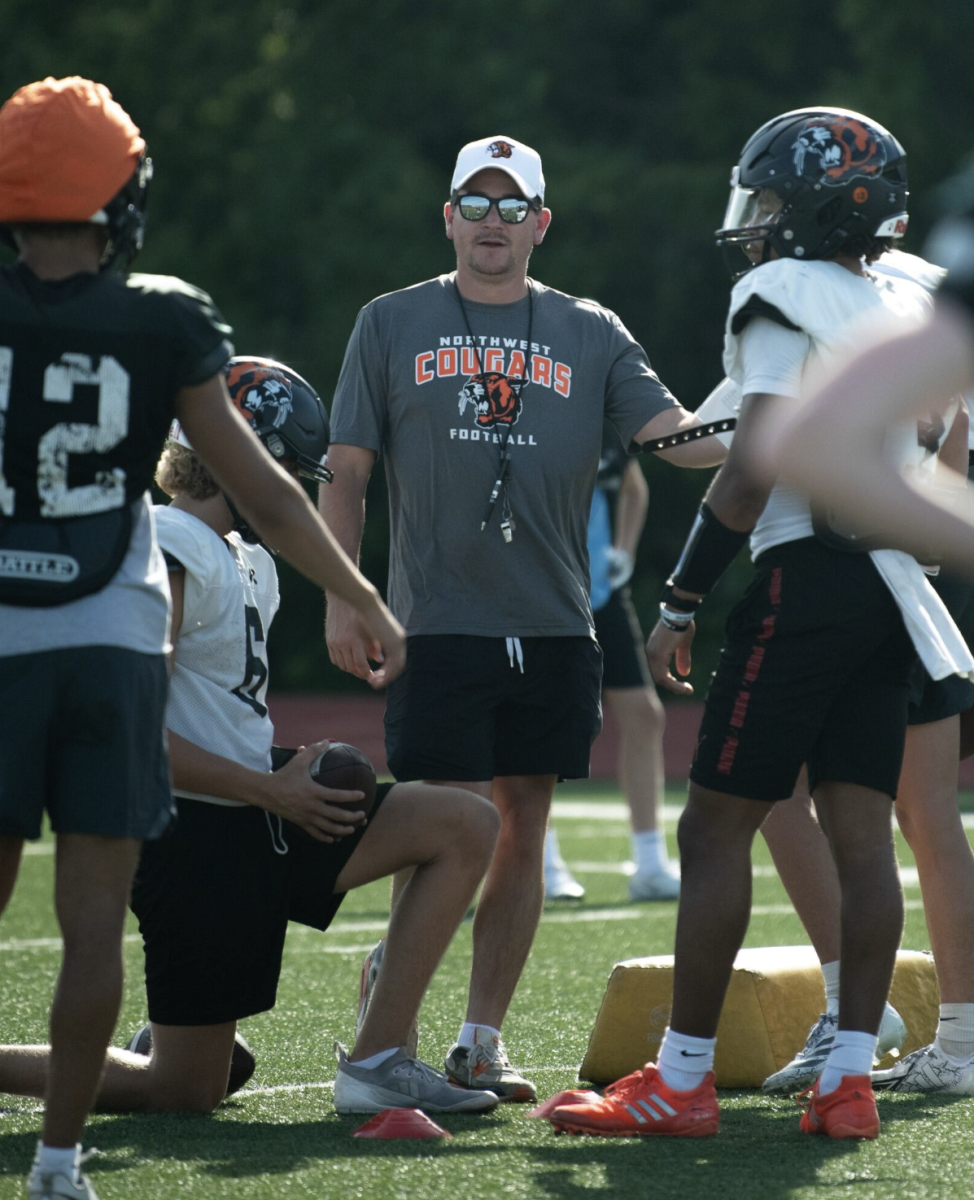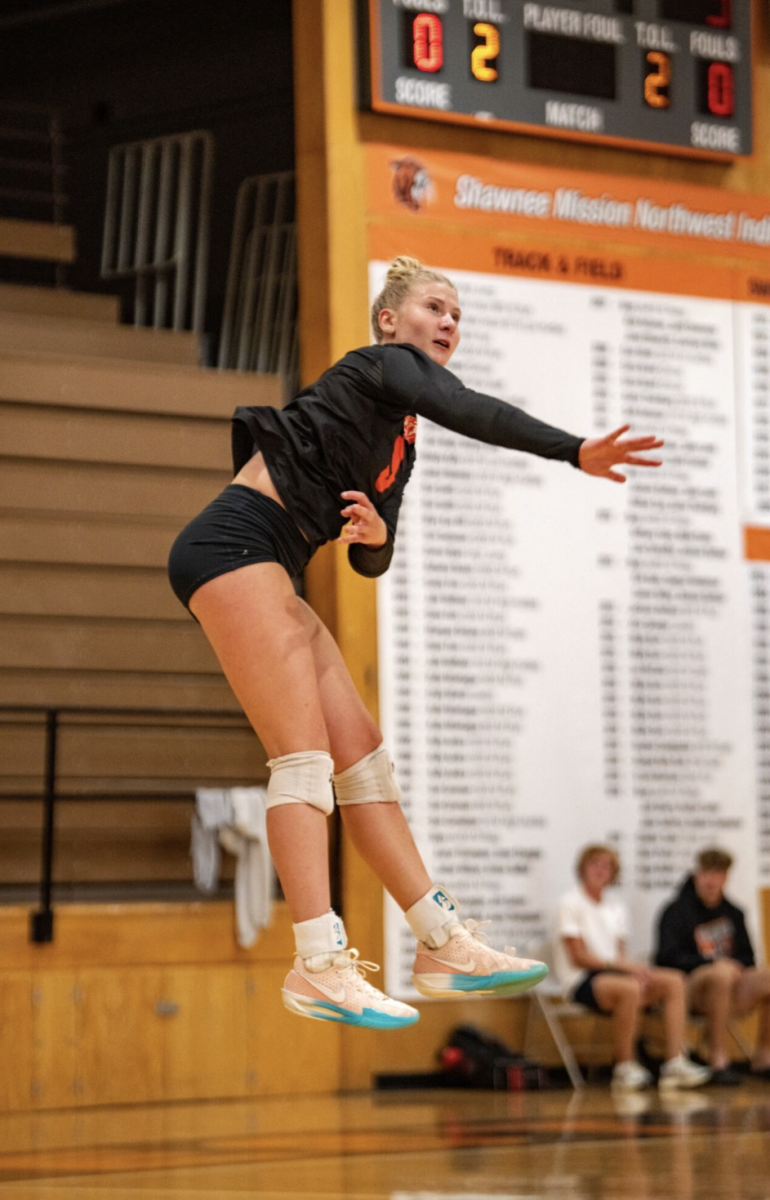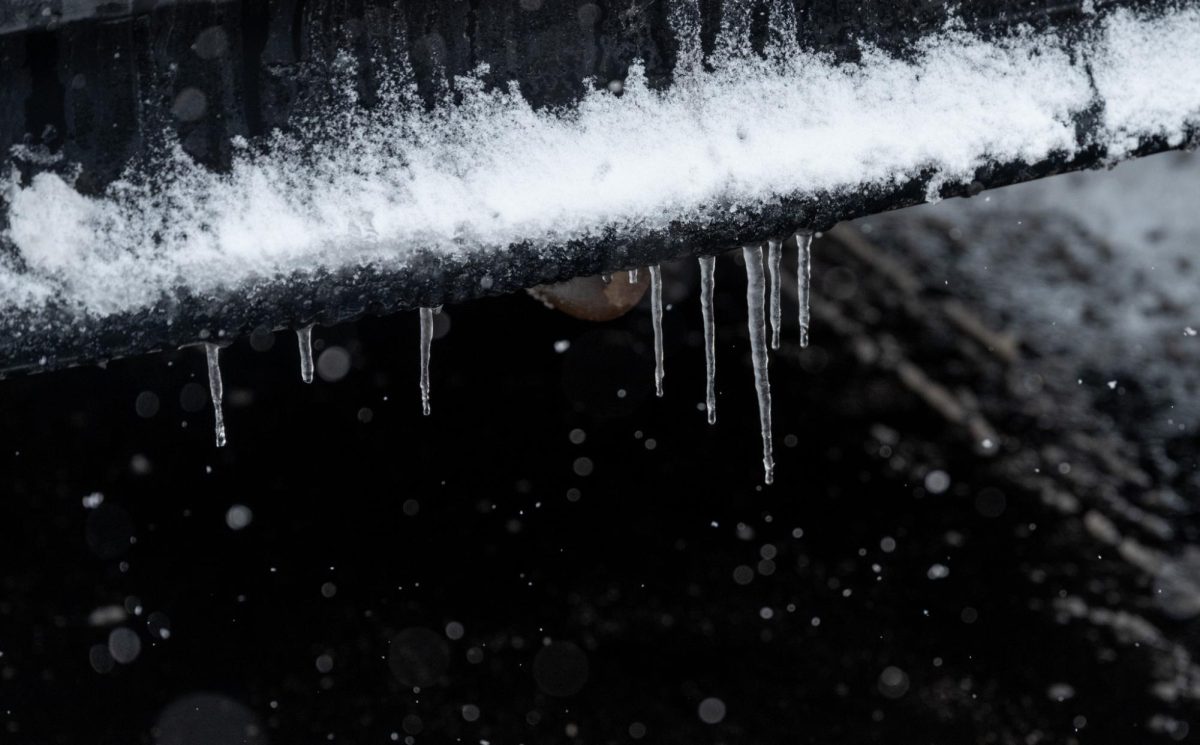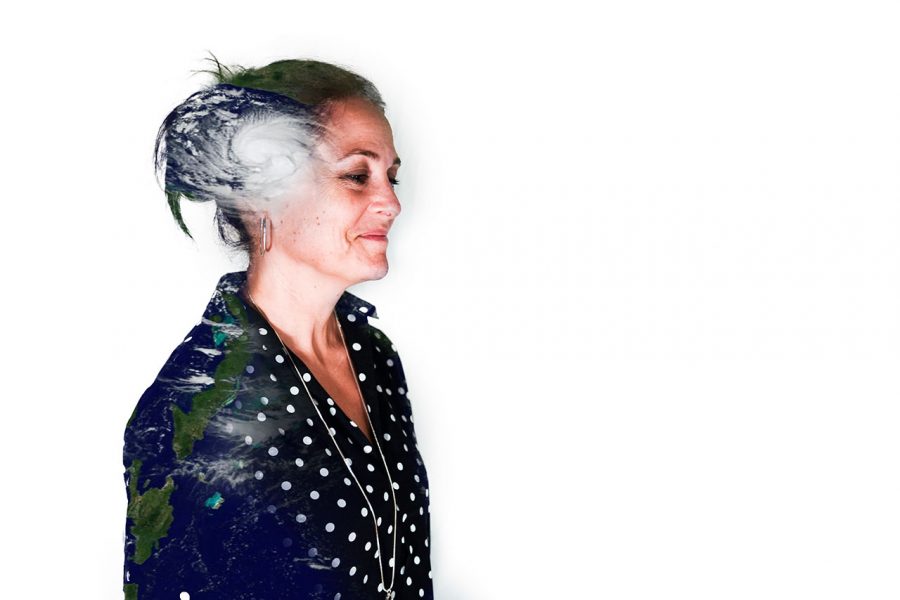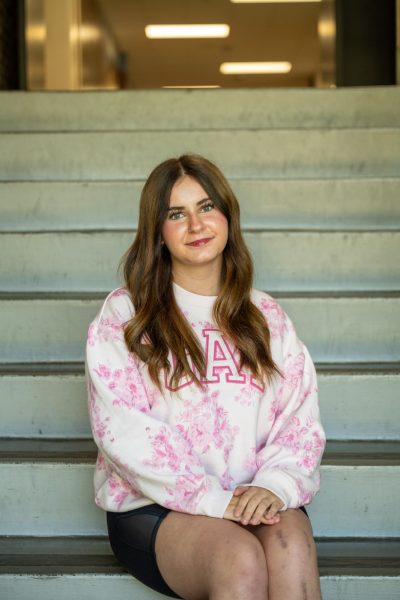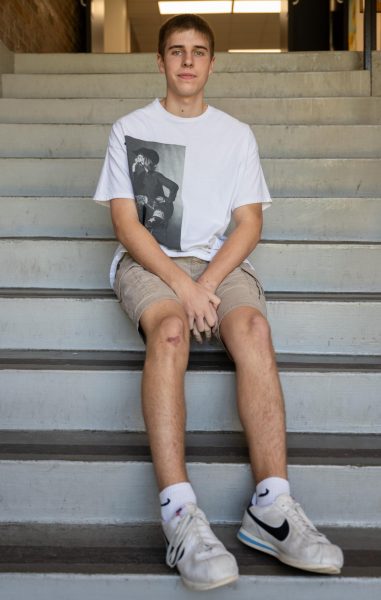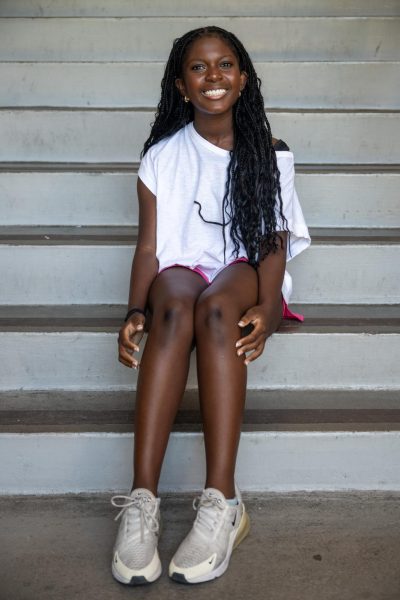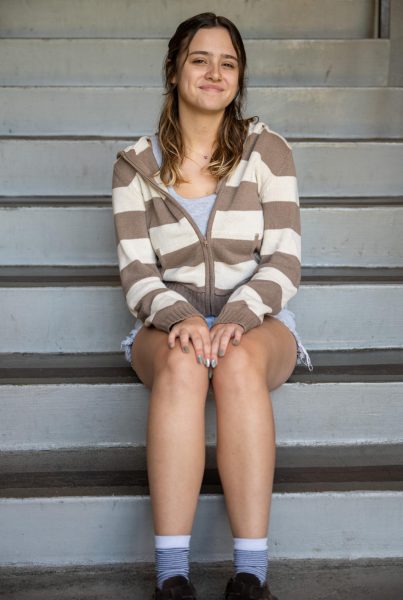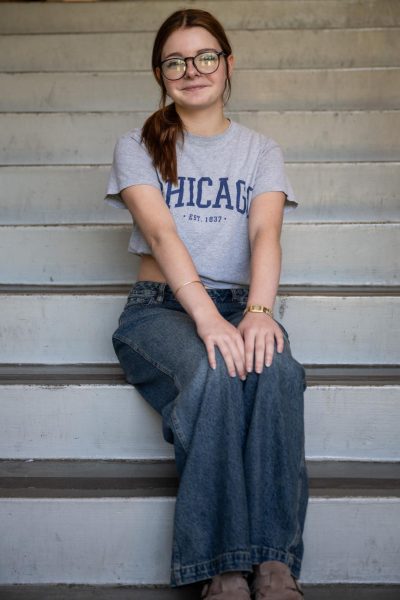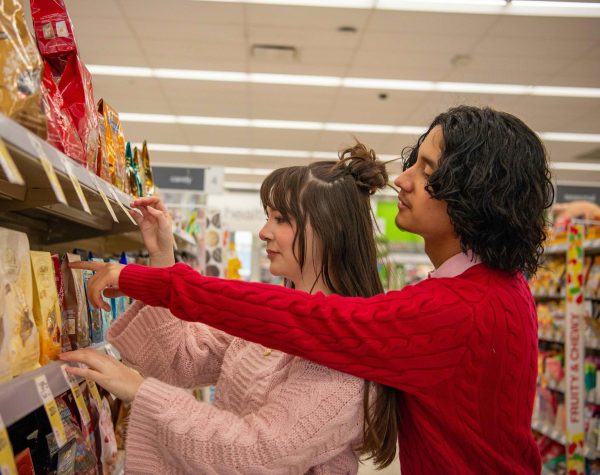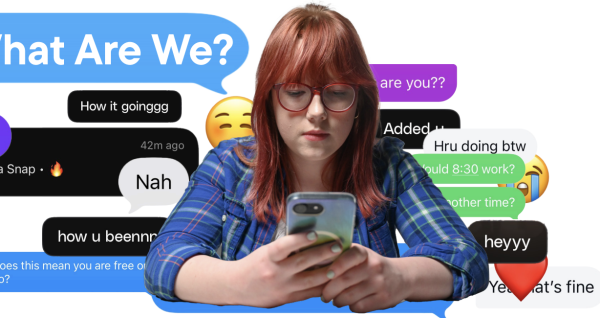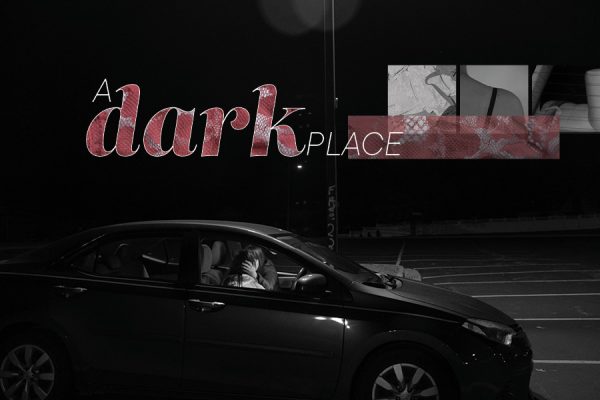Hit like a Hurricane
April 20, 2018
In the base of science teacher Debra Brewer’s skull, a glomus jugulare tumor hid surrounded by nerves. On top were her facial nerves, to one side the carotid artery, on the other the optic nerve and many sensory nerves.
“The first time I was diagnosed, I didn’t really know enough to be scared,” Brewer said. “But really, I didn’t have time to be worried. I had to find a specialist because there really aren’t many people who do these types of surgeries.”
Brewer traveled from Missouri to California to Texas and interviewed numerous doctors and specialists.
“What I found out was some doctors want to work on your tumor and some doctors want to work on you,” Brewer said. “There were very few doctors willing to do what , which was worrying about my quality of life more than anything else.”
The doctors could have removed the whole tumor the first time she went into surgery, however, that would have increased the likelihood she would lose her ability to speak, swallow, move her mouth properly and shrug her shoulders.
“The first treatment was surgical. After that, there wasn’t a whole lot that I had to do until it grew back,” Brewer said. “When it grew back again, we tried to surgically remove it and that was a no-go. That’s when we tried to go after it with radiation.”
The radiation was a problem. Radiation is not particular about the tissue it kills. The tissue around the tumor is healthy but would be damaged by radiation which does not discriminate between healthy or cancerous tissue. It kills anything it touches.
“So, the same thing happened,” Brewer said. “I started interviewing doctors. The doctors had great plans and everything made perfect sense and I was thrilled with the way they were working. Every time I talked to somebody, I was sold on their idea .”
Then came the idea of going to MD Anderson Cancer Center in Houston, Texas. The only problem was time.
“If I for Texas, going to be there until December and I’m not interested in that,” Brewer said. “I was torn — now I’m encroaching on school being a problem and I wanted to be done with this before school started.”
Brewer ended up going to Texas to see what they had to offer. The doctors told her she was a perfect candidate for a new type of experimental radiation on the head and neck called proton therapy. It was the best for her and her situation.
“When I first got to , I wanted to be the patient who defies the odds,” Brewer said. “I was about 10 days in when I struggled with knowing what was going to happen. I had to go in and deal with it. I think there emotional barriers that had to be overcome.”
Thirty minutes, five days a week for 35 days, Brewer went to the clinic for treatment. She had to live in Houston during this time.
Just as she was starting to see the end, Hurricane Harvey hit.
“The hurricane rocked my world,” Brewer said. “There was nothing I could do to stop it or get other people to understand it.”
The rain started Aug. 29, and did not stop for five days. The streets filled with water, and got deeper every day.
“The first time I went outside the water was up over my shoes,” Brewer said. “The next day I went outside, it was above my knees. Then it just became too dangerous to walk .”
Brewer was in Houston for all of August and two weeks of September — well after school started. When she was headed home, word got around to her students who were eager for her to return to the classroom.
“I was ,” junior Miles Raney said. ”It was a relief because we knew she was going to be okay, but at first I was kind of worried because she came back so quickly.”
Brewer’s reception by her students when she returned made her realize how much she was missed.
“ me recognize and understand what I do every day makes a difference,” Brewer said. “It’s not about learning biology, but it’s about getting kids to understand what they’re capable of, which is so much more than they think.”
After everything she had been through, she still felt she needed to teach. It was normal and she needed to feel normal.
“I needed to get back here so I wasn’t this sick person that needed help,” Brewer said. “There are days when I’m tired, but I have a great group of friends I work with.”
After the struggles she has been through, Brewer feels fortunate. She was able to leave Houston and its troubles behind to return to her own home. She knows some are fighting a lot more than she is. This made her realize how important it was for her not to give up.
“We’re all made of the same stuff, we all have the same DNA, we’re not unique, we’re just a big bundle of cells,” Brewer said. “Mine is flawed. That’s just the luck of the draw. There are people who have it way worse than I do, so, that’s how I keep fighting.”
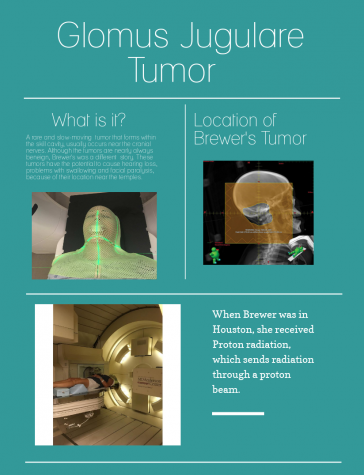
Story by Tatum Goetting
Photo by Sidney Henkensiefken
Photo Illustration by Piper Schuerman
Additional Reporting by Cadence Elder and Jack Lynch

